47 results found carbon footprint
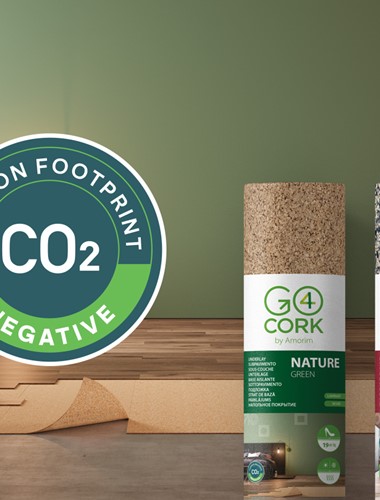
What Is a Negative Carbon Footprint?
A carbon footprint refers to the total emissions caused by an individual, event, organization, or product, expressed in tons of CO₂ or CO₂ equivalent per year. This includes direct emissions from activities like manufacturing, heating, and transportation, as well as indirect emissions from electricity production associ…
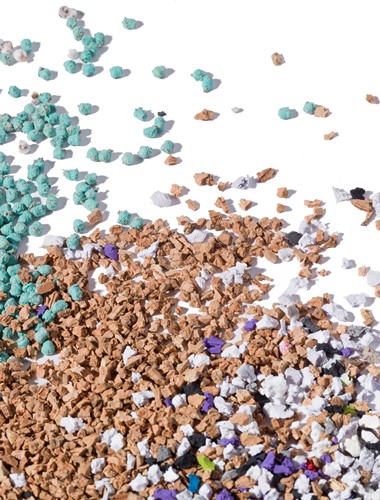
Sustainability credentials and reduced carbon footprint are increasingly attractive
But that’s not all… CPCs are also being used in areas such as sports, packaging, footwear, and the automotive industry. For these applications, the material’s unique properties are valued - such as thermal insulation capacity, impact absorption, grip, anti-slip, lightweight or visual appearance. Additionally, the susta…

Top Layer NRT94 carbon footprint
Top Layer NRT94 carbon footprint

Footcork 5154 Evolution carbon footprint
Footcork 5154 Evolution carbon footprint
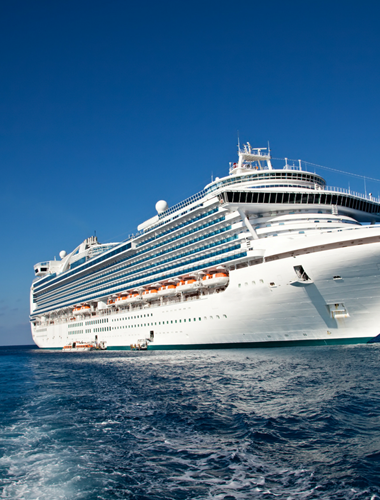
Green shipbuilding reaches cruise speed with the help of Amorim Cork Solutions primary decking materials. Innovative and sustainable cork-ba…
The key factor in ensuring a negative carbon footprint is the genesis of the cork oak forest which is a carbon sink, responsible for retaining 73 tons of CO2 per ton of cork used for a typical application this corresponds to 2,7 kilotons of CO2 retention.
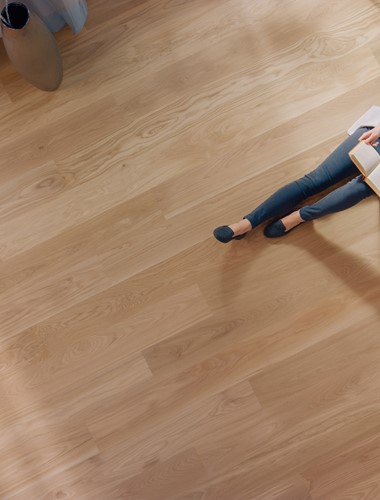
Cork components reduce the carbon footprint of flooring solutions
The cork components used in Amorim NRT®62 flooring solution, with and without a vapour barrier, have been shown to have a negative carbon balance.
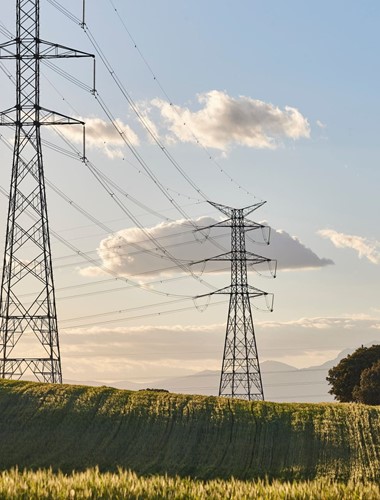
Leading through carbon footprint measurement
New tool enables accurate CO₂ measurement in sealing and vibration solutions, advancing sustainable industrial performance.
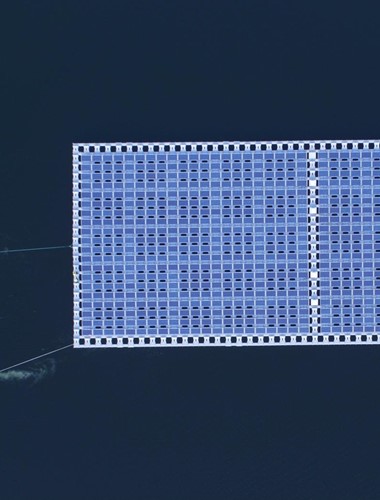
EDP, Amorim Cork Solutions and Isigenere create cork floater for solar park
Floaters mix cork with recycled polymers, with the ambition of achieving a neutral carbon footprint.

The Carbon Balance derives from the study of the carbon footprint, taking into account the analysis of different carbon sequestration scenar…
ADDITIONAL INFORMATION ON CARBON SEQUESTRATION POTENTIAL 1. Study The claims regarding the potential of carbon sequestration are based on studies conducted by: a) PricewaterhouseCoopers: a. Amorim Sports Nature Infills b) Ernst & Young: a. NRT 94b. Fusion (5166)c. Evolution (5154) d. 8210 e. 5156 VB f. Underlay Plu…
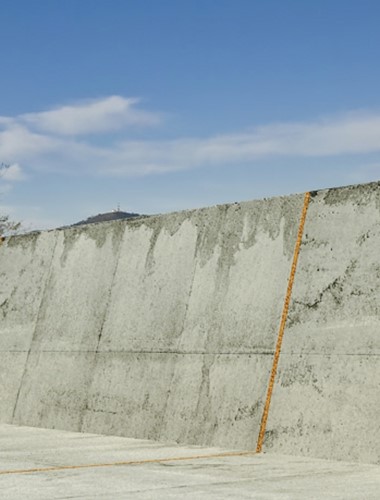
Feature 5
Cork is a 100% sustainable raw material with a negative carbon footprint and low incorporated energy. Cork expansion joints are fully recyclable and act as carbon sinks.
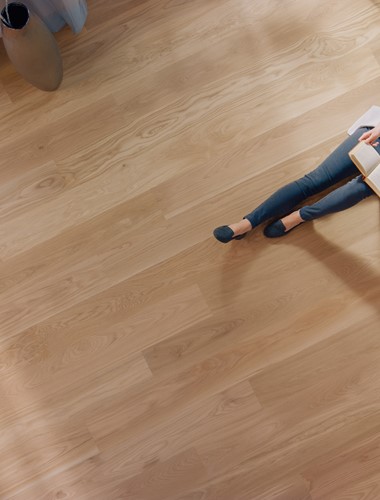
Reinventing flooring components
We provide unique solutions that allow our clients to reduce the carbon footprint of their final floor

Full experience in the flooring industry
We provide unique solutions that allow our clients to reduce the carbon footprint of their final floor
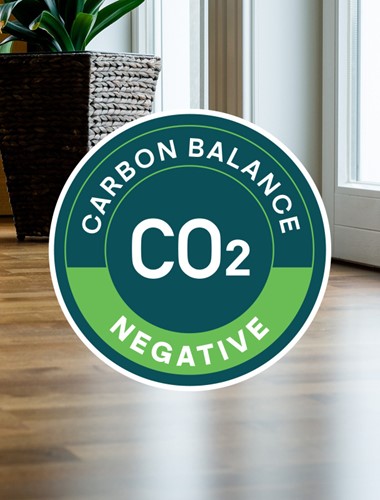
Top layer NRT 94 with negative carbon balance
Amorim Cork Solutions commissioned an independent Carbon Footprint and Life Cycle Assessment study, that aimed to identify the environmental impact of Top Layer NRT 94. The study, which assessed the impacts of forestry management, transport of raw materials and production, concluded that Top Layer NRT 94 has a negative…
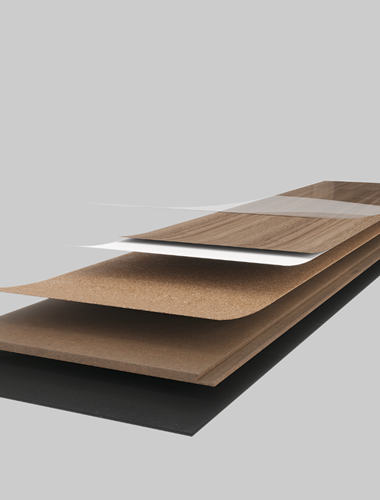
Top layer NRT 94 with negative carbon balance
Amorim Cork Solutions commissioned an independent Carbon Footprint and Life Cycle Assessment study, that aimed to identify the environmental impact of Top Layer NRT 94. The study, which assessed the impacts of forestry management, transport of raw materials and production, concluded that Top Layer NRT 94 has a negative…
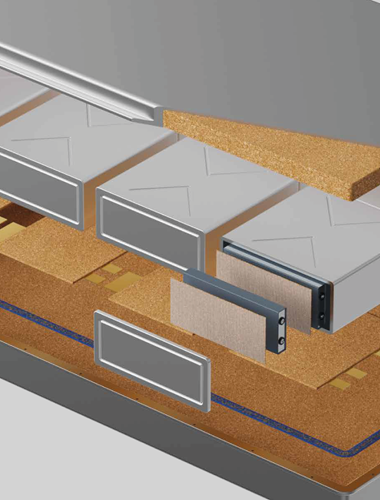
One of the main challenges that the electric vehicle industry faces is to find sustainable materials to incorporate into their designs, in o…
Amorim Cork Solutions has now launched an innovative range of multilayer systems that combine cork with other materials - such as mica, foam or aerogel - to create more sustainable, high-performance solutions. Cork is a 100% natural, reusable and recyclable material, and from an environmental, social or economic perspe…

Sustainable by nature
As a leader of the cork industry, sustainability, technology and innovation are intrinsic pillars of our culture and strategy. We focus on R&D that result in products and solutions with unparalleled advantages, including reducing the carbon footprint of the end product, saving energy or water, cleaning the environmen…
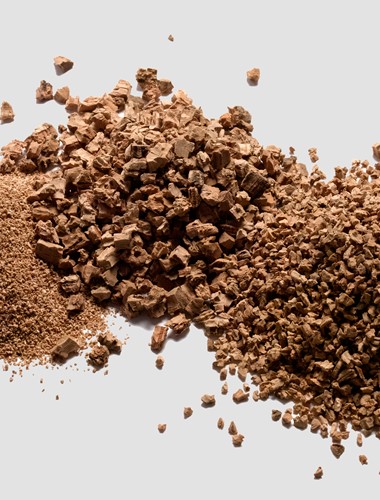
Sustainable by nature
As a leader of the cork industry, sustainability, technology and innovation are intrinsic pillars of our culture and strategy. We focus on R&D that result in products and solutions with unparalleled advantages, including reducing the carbon footprint of the end product, saving energy or water, cleaning the environment…
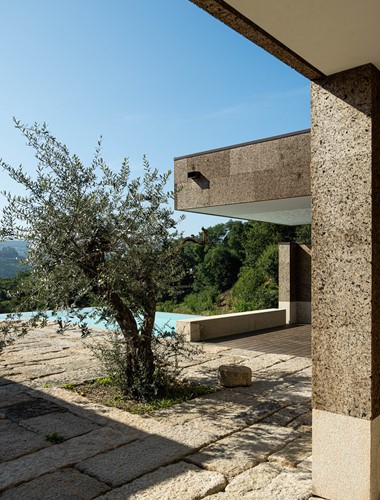
When Ethics and Efficiency Align
The result is an energy-efficient building with minimal maintenance needs, built with strong environmental awareness. “Cork stands out as a renewable material with a negative carbon footprint and excellent durability. It's a choice that makes sense both technically and ethically,” the architect concludes.
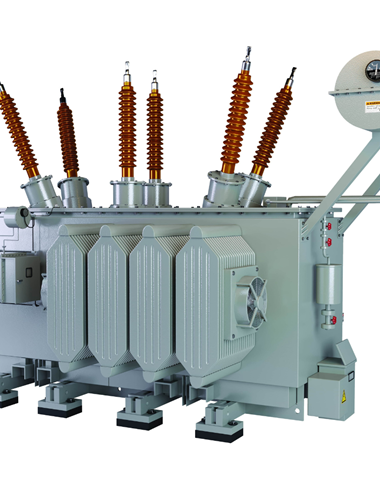
Amorim T&D
As an example, if we consider a sheet of Amorim T&D VC2100, it has a carbon footprint of -20,31 KgCO2eq *, which means it captures more CO2 than it produces. This is a game-changer in an industry that is moving towards a more sustainable future. If you’re considering optimizing your transformer design or improving…
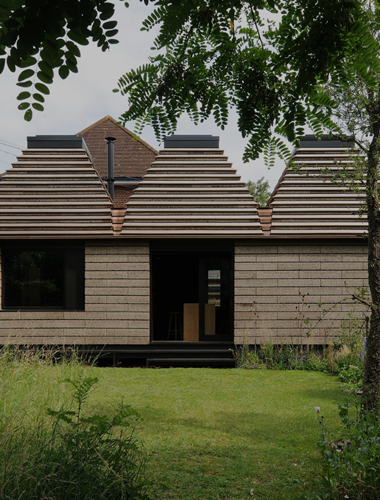
Slowing down climate change
Choice of cork as the dominant raw material for this innovative project is based on the fact that it is a 100% natural, sustainable and recyclable source material. These characteristics meant that the house had a was carbon-negative carbon footprint at completion. In other words, it absorbed more carbon dioxide than th…

Pre-attached underlayment NRT®62 and NRT®62 VB
The NRT®62 and NRT®62 VB Pre-attached Underlayment have a negative carbon balance of - 11.8 kg/eqCO₂ per m²* and - 10.5 kg/eqCO₂ per m²*, respectively, when taking into account the CO₂ sequestered by cork oak forests and the emissions associated with the industrial process. *EY Study: Pre-attached underlayment NRT62…
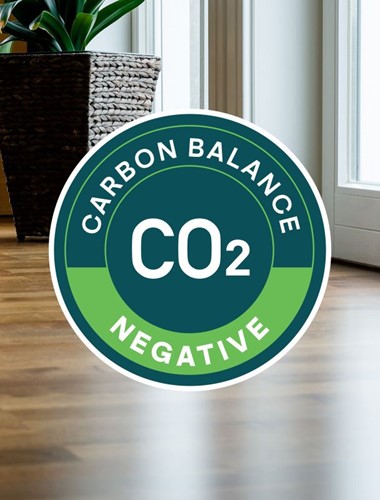
Negative Carbon Balance
According to a recent assessment study conducted by EY, Go4cork Blend with Nike Grind has a negative carbon balance of -5.6kg CO2 eq/m2. This means that the product’s associated carbon sequestration promoted by the cork oak forest exceeds the CO2 emissions from production. The environmental footprint study of the Go4co…
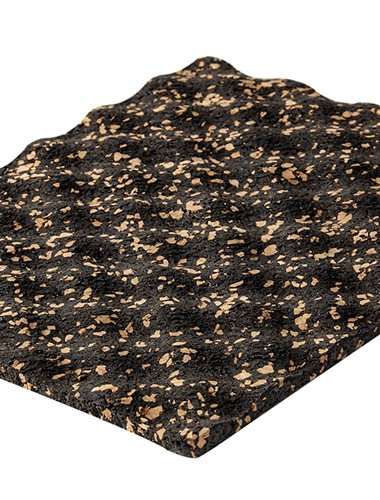
Underscreed: more silence and more comfort
Recognised for their acoustic and thermal properties, Acousticork by Amorim underscreeds were integrated into the hotel's construction to effectively reduce the transmission of impact noise between rooms, guaranteeing a quiet and comfortable environment for guests. Incorporating cork-based underscreeds into this type o…
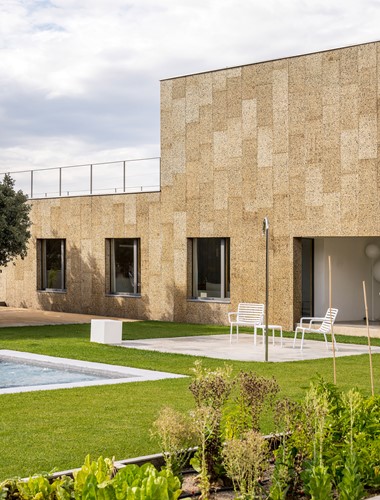
Amorim MD Facade® as Part of the Passive House Strategy
In this context, Amorim MD Façade® was applied in two layers of 40 mm each, creating an 80 mm cork envelope that adds natural insulation, breathability, and long-term durability. The facade requires very little maintenance and helps stabilize indoor comfort, while its renewable origin significantly reduces the project’…
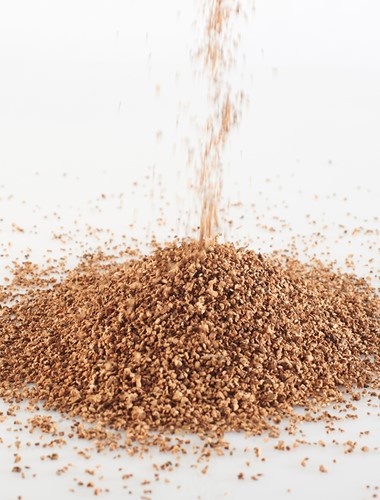
Cork: 100% natural
Although artificial infills are considered environmentally-friendly, cork is a more sustainable option. Cork is a 100% recyclable material, where nearly all industry waste produced is reusable. This helps to minimize greenhouse gases and reduce the carbon footprint. Choosing a cork infill means choosing a solution that…

Cork: 100% natural
Although artificial infills are considered environmentally-friendly, cork is a more sustainable option. Cork is a 100% recyclable material, where nearly all industry waste produced is reusable. This helps to minimize greenhouse gases and reduce the carbon footprint. Choosing a cork infill means choosing a solution that…
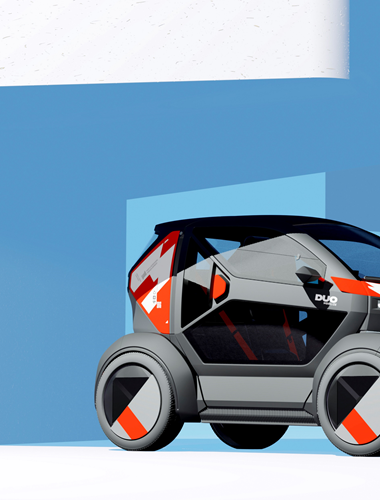
text
Mobilize Duo and Mobilize Solo were presented at the most recent edition of the Paris Motor Show. It is designed to be 50% made with recycled materials and be 95% recyclable, following the principles of eco-design. The idea is to redefine the concept of urban mobility, making it more appealing, attractive and fun. Mobi…
Energy Commitment
Energy has a decisive impact on the product’s industrial cost, which is why we use and consume it in a balanced way, choosing energy efficient products, devices, technologies, and services. We favour the use of cork dust, generated in ACS’s value chain, as biomass, making a decisive contribution to minimising greenhous…
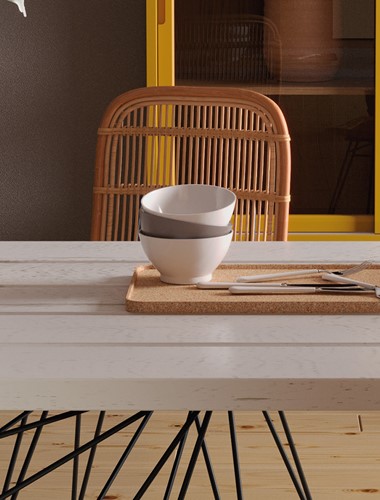
Go4cork's Eco-Design: Sustainable Evolution
Explore our range of cork-based home products at Amorim Cork Solutions. Committed to sustainability, we are excited to introduce our new packaging solutions. Aligned with Corticeira Amorim's sustainability and carbon footprint targets, Go4cork has invested in eco-design of its product range. Besides introducing new pro…

Implications for Sustainable Construction
Finite‐element simulations of heat flux transfer confirmed that, for elevated temperatures, cork composite offers the lowest thermal penetration—making it a promising candidate for future wildfire‐proofing solutions. These findings reinforce the dual benefits of cork: its natural flame retardancy and its negative carbo…
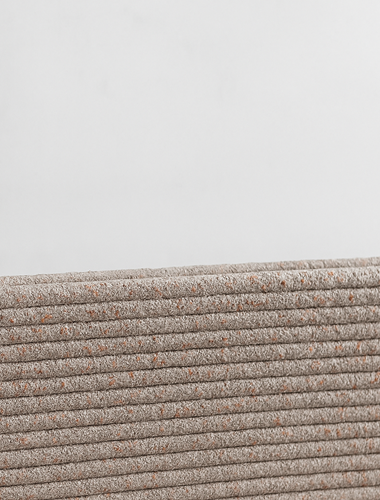
Sustainability and Environmental Impact
Cork is a renewable, recyclable, and biodegradable material sourced from cork oak bark without harming the tree. Its incorporation into 3D-printed structures reduces the carbon footprint and promotes circular construction principles. The study confirms that using cork aggregates in place of synthetic or mineral fillers…
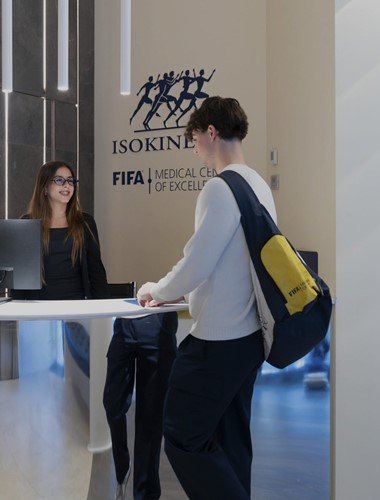
6
For us, it’s essential to proceed on a sustainable basis. We are constantly looking for new materials that can replace those with the greatest environmental impact and thereby reduce our carbon footprint. This is our philosophy and our vision for the future - to use niche products, aligned with our clients' values. Cor…

6
For us, it’s essential to proceed on a sustainable basis. We are constantly looking for new materials that can replace those with the greatest environmental impact and thereby reduce our carbon footprint. This is our philosophy and our vision for the future, to use niche products, aligned with our clients' values. Cork…
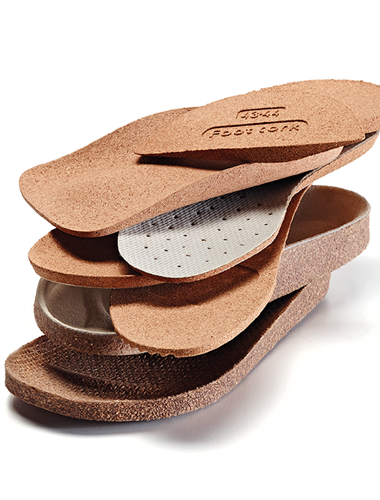
According to the 2018 edition...
According to the 2018 edition of the World Footwear Book, published by the Portuguese Footwear Industry Components Association - APICCAPS -, the shoe industry recorded positive worldwide sales in 2017. World footwear production grew in 2017, attaining production of 23.5 billion pairs of shoes, 2% higher than in 2016. H…
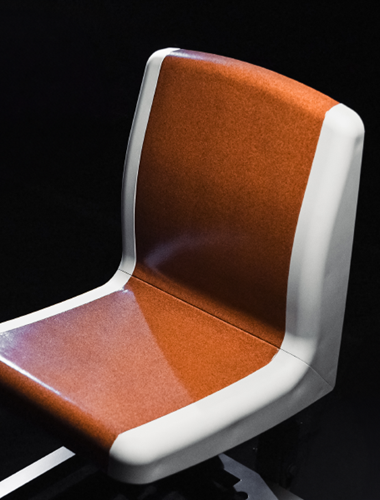
Intro
The focus on ecological materials for the development of this railway seat reflects the vision of Monte Meão – a company which specializes in the development of seats for the railway sector – to use innovation and ingenuity to build a future in greater harmony with nature. Based on the innovative capacity and knowledge…

Sustainable Design and Acoustic Comfort
Amorim MD Facade® goes beyond its aesthetic looks and ensures technical performance - this natural material with a negative carbon footprint combines high durability with excellent thermal and acoustic insulation, ensuring both comfort and sustainability. During the renovation, the site also became a temporary cultural…
Cork solutions for a more sustainable energy sector
Its negative carbon footprint, low thermal conductivity and sealing capacity, together with resistance to extreme temperatures and a high damping capacity are characteristics that make cork a raw material with enormous potential for this sector. Cork combines its natural properties such as thermal insulation, fire ret…
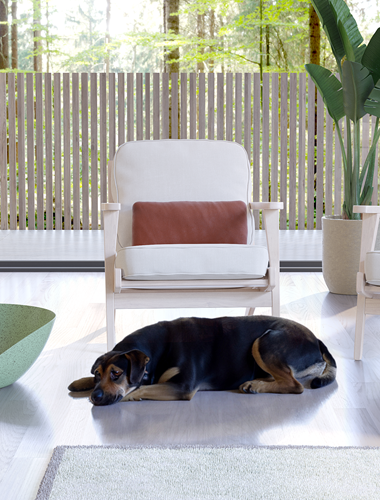
Intro
Cork, the outer bark of the cork oak tree, is an extraordinary material that can be applied in a wide array of different situations in our daily lives. From its gentle touch to its thermal and acoustic insulation properties, this 100% natural, renewable, and recyclable raw material is one of the world’s most versatile…
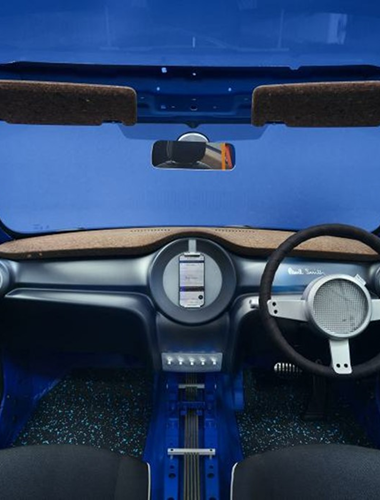
Whether on land, in the air or water, cork’s properties, combined with Amorim Cork Solutions' expertise, can respond to the great mobility c…
Ensuring transport sustainability is an increasing concern for companies and citizens. Global awareness of this concern has led car manufacturers to progressively choose raw materials that guarantee a symbiosis between performance and sustainability. The sector’s biggest companies are now investing in more environmenta…
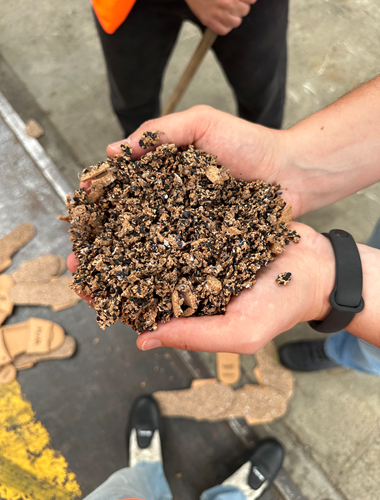
About Primal Soles
Primal Soles is a Dutch startup founded in 2021 by David Even. The company developed the first truly circular cork insoles, 100% recyclable and with a negative carbon footprint. Built on a strong environmental commitment, Primal Soles created a fully circular value chain where used products are collected, recycled, and…
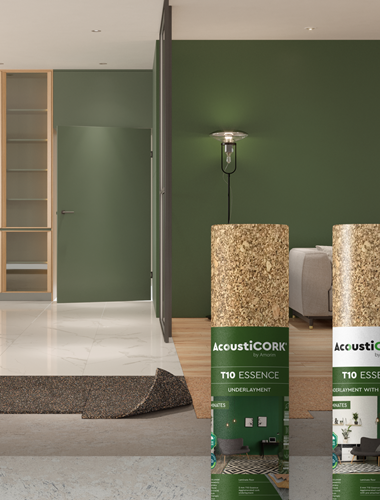
text
According to a recent study conducted by the consultancy firm, EY, Acousticork T10 Essence and T10 Essence with a vapour barrier underlayments have a negative carbon balance of -18.6 kg CO₂ eq/ m2 and -18.0 kg CO₂ eq / m2, respectively. Acousticork T56 Endurance underlayment with a vapour barrier has a negative carbon…

The sustainability factor
Depending on the specific type of application, several materials in the market, with a synthetic or inorganic base, are competing with cork. Rubber- or foam-based materials have dominated the world market, since they combine performance with low costs. However, the situation has been changing over recent years, due to…

The sustainability factor
Depending on the specific type of application, several materials in the market, with a synthetic or inorganic base, are competing with cork. Rubber- or foam-based materials have dominated the world market, since they combine performance with low costs. However, the situation has been changing over recent years, due to…
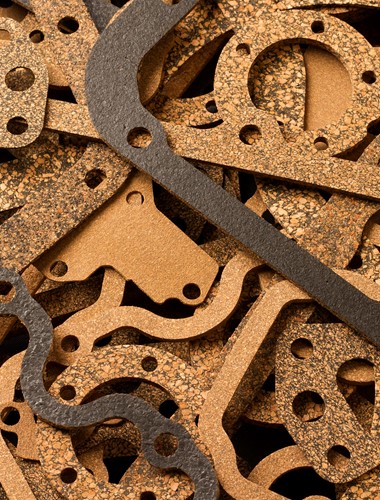
Cork, the ideal material for gas sealing solutions
Cork’s thermal and chemical resistance and impermeability to liquids and gases make it the ideal raw material to develop sealing solutions. In addition to complying with the different technical specifications of gas systems, cork helps reduce the system's carbon footprint, which is essential in order to attain sustaina…

